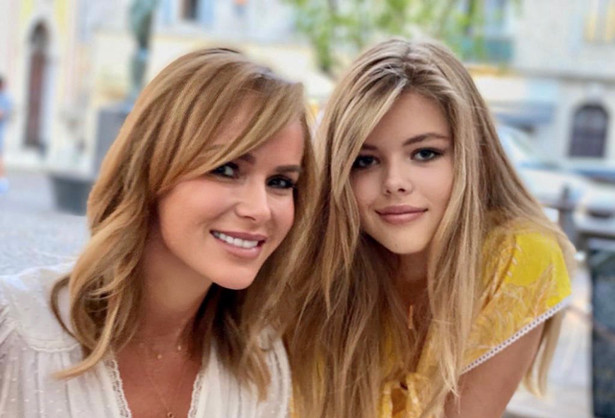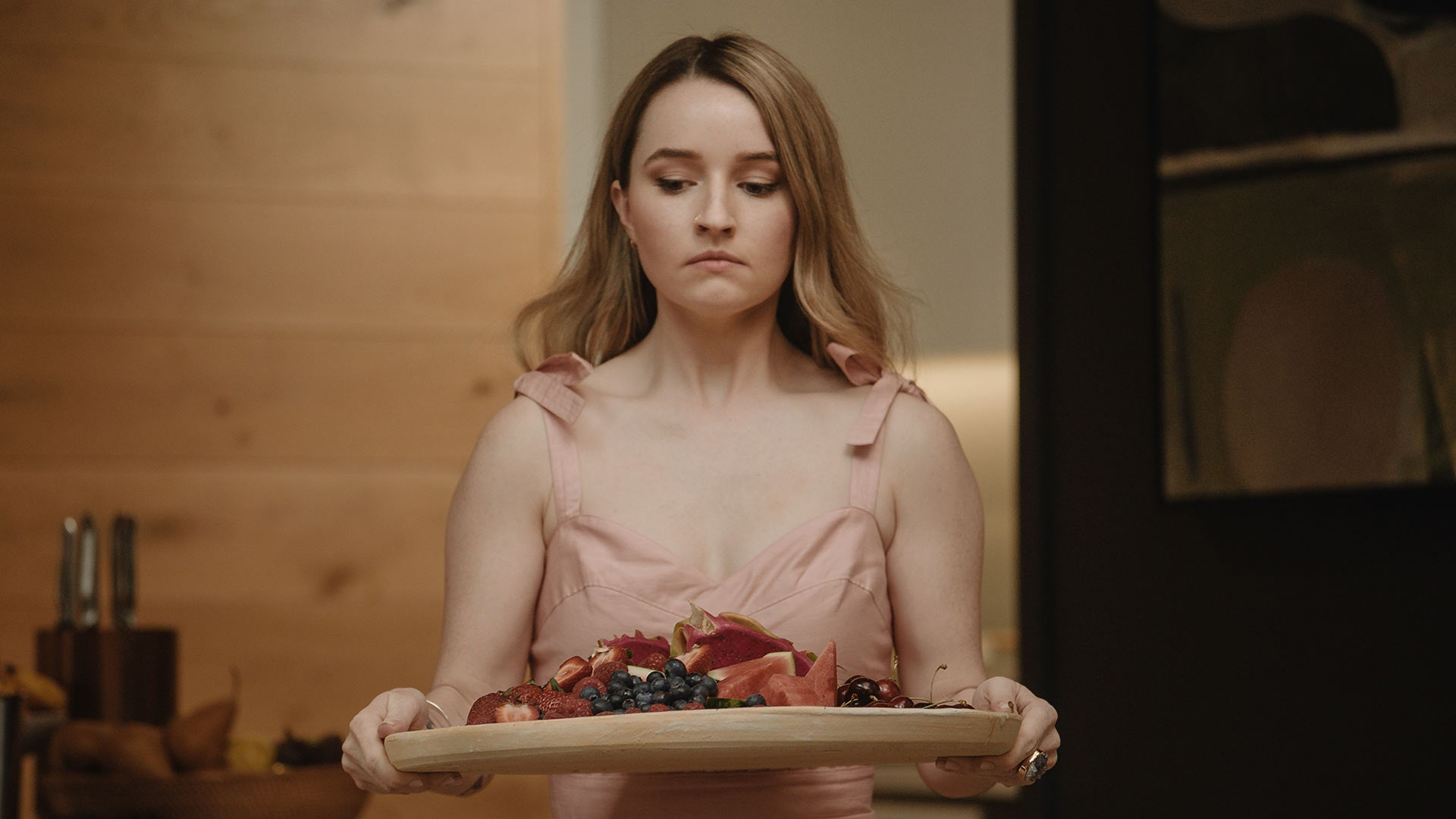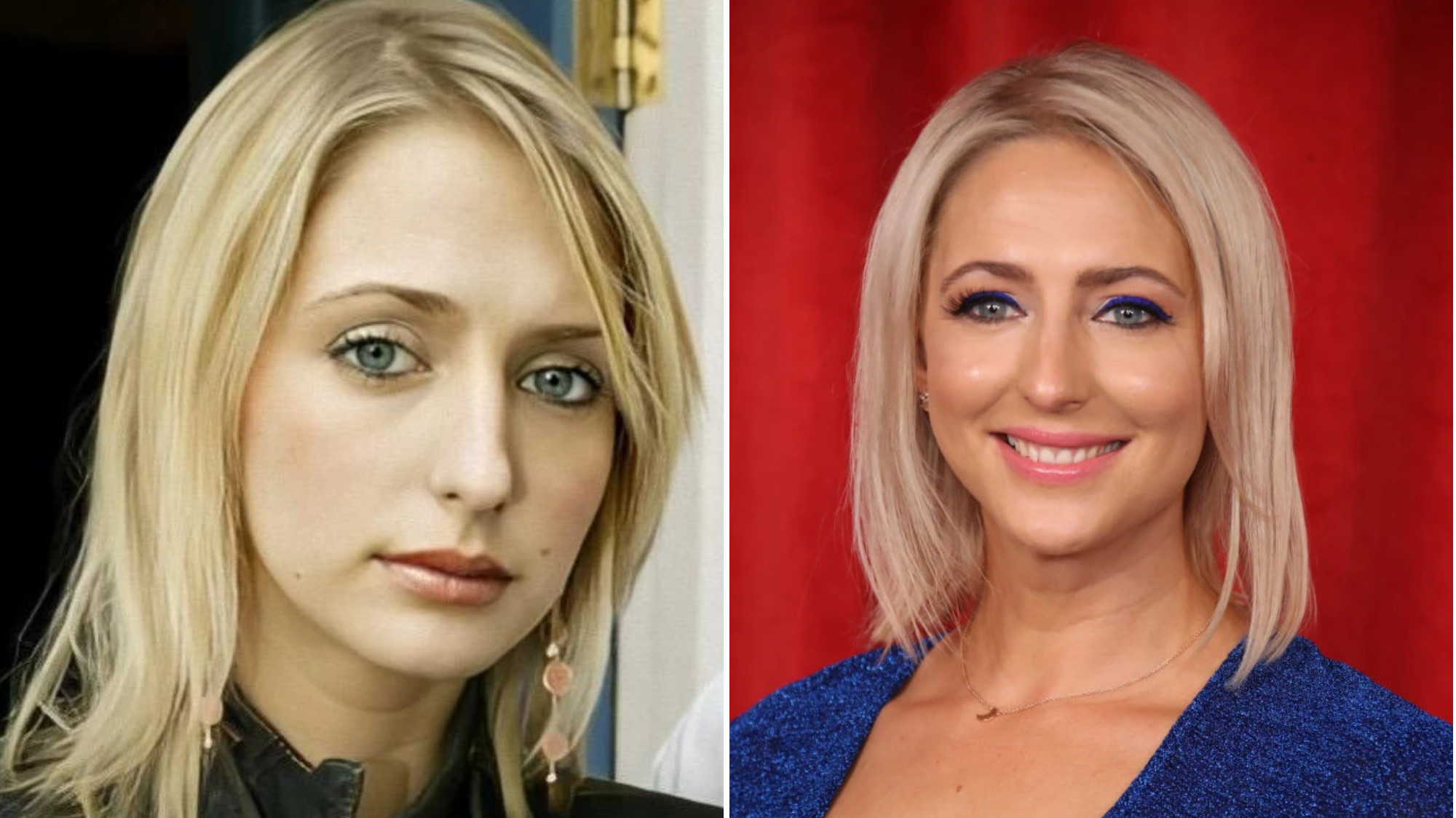The 'Barbie' Phenomenon: More Than Just a Pink Dream?
The release of Greta Gerwig's 'Barbie' has ignited a cultural firestorm. The film, starring Margot Robbie and Ryan Gosling, has sparked heated debates about its feminist message and the enduring power of the iconic doll. While the movie has been lauded for its clever satire and thought-provoking themes, others argue that it falls short of true feminist representation.
Deconstructing the 'Barbie' Myth: A Satirical Take on Gender Roles
The film, a satirical exploration of the 'Barbie' brand and its societal impact, takes aim at the deeply ingrained gender stereotypes associated with the doll. Gerwig masterfully portrays the world of Barbie Land, a seemingly utopian paradise where women hold positions of power and men are relegated to the role of Ken dolls. This juxtaposition serves as a clever critique of the traditional gender roles and expectations that society often imposes.
Redefining the Narrative: A Feminist Icon?
The film's exploration of female empowerment has sparked a lively debate among feminist theorists and critics. Some argue that 'Barbie' represents a significant step forward in challenging traditional gender roles, highlighting the complexities of womanhood and the need for diverse representation. They praise the film for its exploration of themes such as female ambition, independence, and the pursuit of self-discovery.
Others, however, critique the film's portrayal of feminism as too superficial. They argue that the film's focus on physical beauty and consumerism undermines the deeper struggles and systemic issues that women face in society. They also question the authenticity of the film's feminist message, pointing to Mattel's long history of promoting unrealistic beauty standards.
Examining the 'Barbie' Brand: Beyond the Pink
Mattel, the company behind the iconic 'Barbie' doll, has undergone a significant transformation in recent years, embracing a more inclusive and diverse range of dolls. While the company has made efforts to promote a more inclusive vision of beauty, its history of perpetuating unrealistic beauty standards remains a source of contention. Some argue that the film's message is ultimately undermined by the brand's history, while others believe that 'Barbie' represents a step in the right direction towards challenging conventional notions of femininity.
Navigating the Complexity of Representation
The 'Barbie' film's success highlights the evolving nature of feminist representation in popular culture. It encourages a critical examination of the role of iconic figures like 'Barbie' in shaping our understanding of gender roles and social norms.
The Legacy of 'Barbie': A Conversation Continues
The 'Barbie' film is far more than a nostalgic trip down memory lane. It serves as a timely reminder of the enduring power of culture and the need for ongoing dialogue about representation and gender equality. The film has sparked a conversation about the role of women in society, the importance of challenging stereotypes, and the complexities of feminist identity. Whether the film ultimately succeeds in achieving its intended message is a matter of ongoing debate, but its ability to provoke thought and spark meaningful conversations is undeniable.
The 'Barbie' phenomenon is a testament to the enduring power of a beloved toy and its ability to tap into our deepest cultural anxieties. The film's success underscores the ongoing quest for gender equality and the need to constantly re-evaluate the narratives we embrace.
This conversation is only just beginning, and it's one that will continue to shape our understanding of the 'Barbie' brand and its place in the cultural landscape for years to come.















